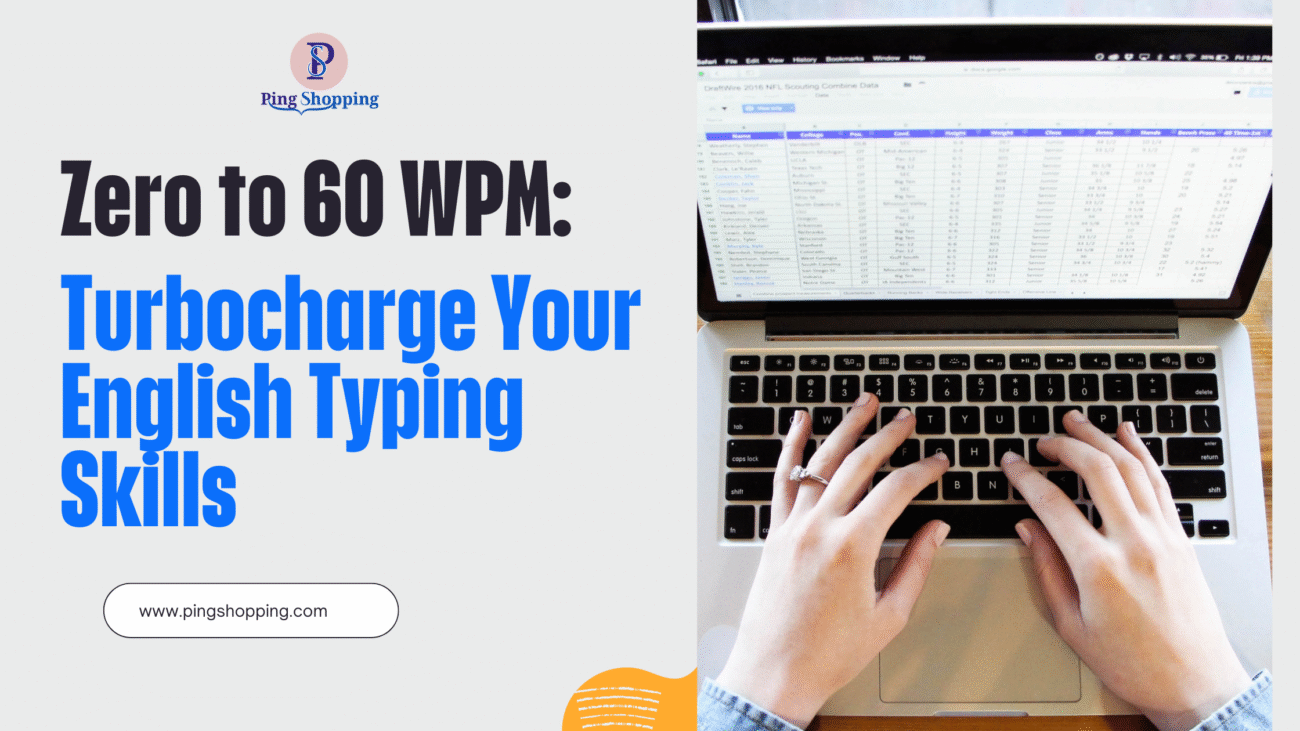Thought that conveys:
Success in adult learning isn’t about spending endless hours with books—it’s about studying smarter, not harder. The world’s most accomplished individuals, from Bill Gates to Warren Buffett, have mastered specific study techniques that maximize retention while minimizing stress. Whether you’re pursuing higher education, professional certifications, or personal development, these evidence-based strategies will revolutionize your learning journey.
The Science Behind Effective Study Time
Research from leading universities reveals that adult learners have unique advantages over younger students, despite popular beliefs. The key lies in understanding when your brain performs optimally. Studies show that adults maintain peak cognitive function during specific windows throughout the day.
Morning Learners (5:30 AM – 9:30 AM): Research indicates that cortisol levels are naturally highest in the morning, enhancing focus and information processing. Bill Gates, who reads 50 books annually, dedicates his morning hours to learning new concepts. This approach aligns with studies showing 23% better retention rates for morning study sessions.
Afternoon Peak (1:00 PM – 3:00 PM): For many adults, a secondary peak occurs after lunch when blood sugar stabilizes. Warren Buffett, who spends 80% of his day reading, strategically uses this window for complex financial analysis.
Evening Consolidation (7:00 PM – 9:00 PM): Evening study sessions are particularly effective for review and memory consolidation. The brain naturally processes and stores information during this period, making it ideal for revisiting challenging concepts.
Optimal Study Duration: The Sweet Spot for Adult Attention
Contrary to popular belief that adult attention spans are declining, research from leading cognitive science institutions shows that adult attention span averages 76.24 minutes for focused tasks—significantly longer than children’s 29.61 minutes. However, maintaining peak performance requires strategic breaks.
The 25-5 Protocol: Studies demonstrate that 25-minute focused sessions followed by 5-minute breaks optimize retention and prevent cognitive fatigue. This technique, known as the Pomodoro method, has been adopted by successful entrepreneurs worldwide.
Extended Deep Work: For complex subjects requiring sustained concentration, research supports 90-120 minute sessions with 20-30 minute breaks. This aligns with natural ultradian rhythms—the body’s 90-minute cycles of peak alertness.
Spaced Learning Advantage: The most powerful discovery in learning science is the spacing effect. Studies show that distributing study time over multiple days increases long-term retention by 200-400% compared to massed learning. Successful individuals like Elon Musk, who learned rocket science through reading, implement this naturally by maintaining consistent daily learning habits.
Creating Your Optimal Study Environment
Environmental factors significantly impact learning effectiveness, with research showing that well-designed study spaces can improve performance by up to 19%. The world’s most successful learners understand that environment shapes outcomes.
Lighting Mastery: Studies reveal that optimal illumination levels of 1000 lux improve work performance and reduce fatigue. Natural light exposure increases concentration and reduces mental exhaustion by up to 15%. Position your study area near windows when possible, supplementing with full-spectrum LED lighting for evening sessions.
Temperature Control: Research establishes that cognitive performance peaks at 21-25°C (70-77°F). Phil Knight, Nike’s founder, maintained such strict environmental controls in his study library that visitors had to remove shoes.
Ergonomic Excellence: Proper seating and desk height prevent physical discomfort that disrupts concentration. Studies show that ergonomic setups reduce fatigue by 23% during extended study sessions.
Distraction Elimination: Research demonstrates that even the presence of a smartphone reduces cognitive capacity by 10%. Create a dedicated study zone separate from relaxation areas to establish clear mental boundaries.
Organization Systems: Clutter reduction improves focus by reducing cortisol levels and cognitive load. Implement storage solutions that keep all materials within arm’s reach while maintaining visual clarity.
Brain-Boosting Study Snacks: Fuel for Peak Performance
Nutrition research reveals specific foods that enhance cognitive function and sustained attention during study sessions.
Omega-3 Powerhouses: Fatty fish like salmon, mackerel, and sardines provide DHA, essential for brain structure and function. Studies show regular omega-3 consumption improves memory by 15-20%.
Antioxidant Champions: Blueberries, rich in anthocyanins, demonstrate measurable improvements in attention and task-switching within hours of consumption. Research participants showed enhanced mental performance for up to 6 hours after consuming mixed berry smoothies.
Sustained Energy Sources: Nuts, particularly walnuts and almonds, provide steady energy release while protecting against cognitive decline. Their healthy fats support optimal brain function during extended study sessions.
Focus Enhancers: Dark chocolate (70% cocoa minimum) contains flavonoids that improve blood flow to the brain, enhancing focus and alertness. The mild caffeine content provides sustained energy without the crash associated with sugary snacks.
Hydration Essentials: Dehydration of just 2% significantly impairs cognitive function. Keep water consistently available, as studies show proper hydration improves concentration by up to 12%.
Strategic Revision and Memory Consolidation
The timing and method of review sessions determine long-term retention success. Research reveals specific patterns that maximize memory consolidation.
Spaced Repetition Schedule: Studies demonstrate optimal review intervals: immediately after learning, 24 hours later, one week later, and one month later. This pattern leverages the brain’s natural consolidation processes, improving retention by 300-500%.
Active Recall Techniques: Research shows that attempting to retrieve information from memory, rather than re-reading, increases retention by 50-70%. Successful learners like Elon Musk naturally implement this by explaining concepts to others.
Sleep-Dependent Consolidation: Studies reveal that quality sleep within 24 hours of learning significantly enhances memory formation. Adults require 7-8 hours of sleep for optimal consolidation, with REM sleep being particularly crucial for complex information processing.
Interleaving Practice: Research demonstrates that mixing different topics during review sessions improves discrimination and long-term retention compared to blocked practice. This technique challenges the brain to actively differentiate between concepts.
Learning Secrets of the World’s Most Successful People
Analysis of ultra-successful individuals reveals consistent patterns in their learning approaches that anyone can adopt.
Warren Buffett’s 5-Hour Rule: The legendary investor dedicates 5-6 hours daily to reading, consuming 500+ pages of financial documents and newspapers. He credits this habit to compound learning effects, stating that knowledge builds like compound interest.
Bill Gates’ Systematic Approach: The Microsoft founder reads 50 books annually—one per week—focusing primarily on non-fiction that expands his understanding of complex global challenges. He maintains detailed notes and discusses insights with experts.
Elon Musk’s Comprehensive Learning: Before founding SpaceX, Musk read extensively about rocket science, often studying 10 hours daily during his youth. When asked how he learned rocket technology, he simply responded, “I read books”.
Mark Cuban’s Daily Commitment: The billionaire entrepreneur reads more than 3 hours every day, emphasizing that reading provides competitive advantages by revealing strategies and tactics from other industries.
The 5-Hour Learning Rule: Research shows that dedicating just one hour daily to deliberate learning—5 hours per work week—distinguishes the most successful individuals across all fields. This consistent investment compounds over time, creating exponential knowledge growth.
Stress-Free Studying: Mental Health Strategies
Academic stress significantly impacts learning effectiveness, but research reveals specific techniques that successful learners use to maintain optimal mental states.
Mindfulness-Based Stress Reduction: Studies show that brief meditation sessions—as little as 5-10 minutes—reduce cortisol levels and improve cognitive performance. Research participants who practiced mindfulness showed 25% better stress management and improved academic outcomes.
Progressive Muscle Relaxation: This technique involves systematically tensing and releasing muscle groups, reducing physical tension that interferes with concentration. Studies demonstrate significant stress reduction within 10-15 minutes of practice.
Breathing Techniques: Deep, controlled breathing activates the parasympathetic nervous system, reducing stress hormones by up to 23%. The 4-7-8 technique (inhale for 4, hold for 7, exhale for 8) shows immediate calming effects.
Nature Exposure: Research reveals that spending just 10 minutes in natural settings improves psychological well-being and reduces perceived stress. Even viewing nature photos provides measurable stress relief.
Physical Activity Integration: Studies show that 20-30 minutes of aerobic exercise significantly reduces stress hormones while improving cognitive function. Successful individuals like Warren Buffett incorporate walking into their daily routines.
Social Connection: Research demonstrates that maintaining supportive relationships reduces stress by 40% and improves learning outcomes. Study groups and learning communities provide both academic and emotional benefits.
Also read
Best diet plan for weight loss in 30 days
Weight Loss diet plan with high fiber and protein, 10 super foods in a healthy way.
The Truth About Study Volume and Success
While extensive studying correlates with achievement, research reveals that quality far outweighs quantity in determining long-term success.
Diminishing Returns: Studies show that beyond 3-4 hours of focused daily study, additional time provides minimal benefit and may actually decrease retention due to fatigue. Successful individuals prioritize strategic learning over marathon sessions.
Self-Efficacy Impact: Research indicates that confidence in learning abilities predicts academic success more strongly than raw study time. Students with high self-efficacy achieve better outcomes even with fewer study hours.
Quality Indicators: Studies identify key factors that distinguish effective from ineffective study approaches:
Active engagement rather than passive reading improves retention by 60%
Varied study methods increase comprehension by 40%
Regular self-testing enhances long-term memory by 50%
Strategic Focus: Analysis of successful professionals reveals they prioritize learning that directly impacts their goals rather than pursuing broad but shallow knowledge. This targeted approach maximizes return on learning investment.
Advanced Techniques for Adult Learners
Research identifies several sophisticated strategies that distinguish highly effective adult learners from average students.
The Feynman Technique: Named after Nobel physicist Richard Feynman, this method involves explaining complex concepts in simple terms. Studies show this approach identifies knowledge gaps while strengthening neural pathways through active recall.
Dual Coding Theory: Research demonstrates that combining visual and verbal information increases retention by 89%. Create mind maps, diagrams, and visual summaries to leverage both memory systems.
Elaborative Interrogation: Studies show that asking “why” and “how” questions while studying improves comprehension by 45%. This technique forces deeper processing and creates stronger memory associations.
Distributed Practice: Research confirms that spreading learning across multiple sessions, rather than concentrated blocks, increases retention by 170%. Schedule regular review sessions rather than intensive cramming periods.
Building Sustainable Learning Habits
Long-term academic and professional success requires systems that persist despite changing circumstances.
Habit Stacking: Research shows that linking new study behaviors to established routines increases adherence by 73%. Attach learning sessions to consistent daily activities like morning coffee or evening walks.
Environmental Design: Studies demonstrate that consistent study locations create psychological triggers that facilitate focus. Designate specific areas exclusively for learning to build automatic associations.
Progress Tracking: Research reveals that monitoring learning progress increases motivation and persistence by 42%. Maintain learning journals or use apps to visualize knowledge growth over time.
Flexibility Framework: Studies show that successful adult learners adapt their methods based on content, context, and personal circumstances. Develop multiple study strategies to maintain consistency despite changing demands.
Technology Integration for Modern Learners
Contemporary research reveals how digital tools can enhance traditional study methods when used strategically.
Attention Management: Studies show that strategic use of website blockers and app timers improves focus by 35% during study sessions. Tools like Cold Turkey eliminate digital distractions while maintaining access to learning resources.
Spaced Repetition Software: Research demonstrates that digital flashcard systems using algorithms increase retention by 280% compared to traditional methods. Apps like Anki automatically schedule reviews based on forgetting curves.
Online Learning Communities: Studies reveal that virtual study groups and forums provide accountability and support that improve completion rates by 56%. Platforms connect learners with similar goals and complementary expertise.
Digital Note-Taking: Research shows that well-organized digital notes with linking capabilities enhance comprehension by 38%. Systems like Notion create interconnected knowledge bases that support long-term learning.
The journey to effective adult learning isn’t about working harder—it’s about working smarter. By implementing these evidence-based strategies used by the world’s most successful individuals, you’ll transform your approach to acquiring knowledge and skills. Remember that consistency trumps intensity, strategic breaks enhance rather than hinder progress, and the right environment can dramatically amplify your natural learning abilities.
Success in adult education comes from understanding your unique cognitive patterns, optimizing your environment, nourishing your brain appropriately, and maintaining sustainable habits that compound over time. Whether you’re pursuing professional advancement, personal enrichment, or academic credentials, these proven strategies will accelerate your progress while reducing stress and maximizing enjoyment in your learning journey.
The most successful people in the world aren’t necessarily the smartest—they’re the most strategic in their approach to continuous learning. By adopting their methods and adapting them to your circumstances, you’re positioning yourself for extraordinary achievement in whatever field you choose to pursue.
“If you found this post helpful, share it with your friends and family — it helps us grow ”





